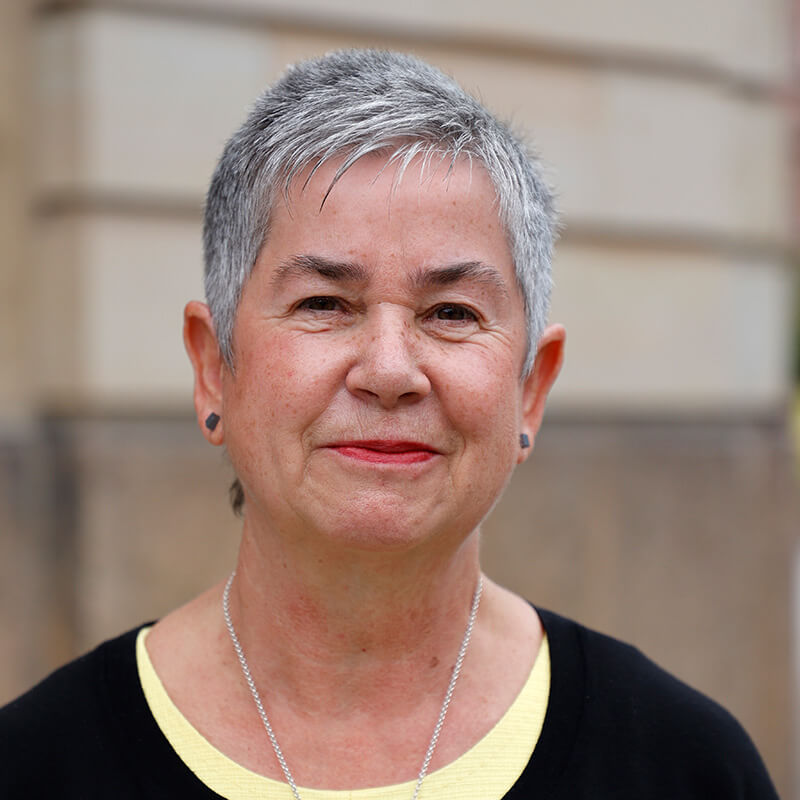German Catholic lay association becomes the thought police targeting Bishops
The President of the Central Committee of German Catholics (ZdK), Irme Stetter-Karp, has defended the public votes in the Synodal Way. The mix of enabling closed work in the forums and creating transparency in the synodal assemblies has proven itself, Stetter-Karp said in Munich on Wednesday evening. At the same time, she criticised the fact that some suffragan bishops in particular had more often abstained from voting. In such a crisis of the Church, it is not enough to say: "I know what I think, but I won't tell you."
Theologian Thomas Söding, who teaches New Testament exegesis in Bochum, also affirmed that when it comes down to it, a Christian has to speak freely. Publicity is part of being a church. After all, the Gospel says: "Let your yes be yes, and your no be no". He did not understand the "hullabaloo" about the public votes. It was about fundamental decisions of the Church. The faithful had a right to know where the leadership, i.e. the bishops, stood.
"I consider this to be extremely dangerous"
"This discrediting of the open word irritates me," added Söding, who is also Vice-President of the ZdK. He said it was just as irritating how critically democracy had been talked about as a form of life and rule. "I think that's dangerous as hell. Especially now." Overall, Stetter-Karp and Söding drew a positive conclusion of the Synodal Way. Those of the bishops who had said yes to the reforms now had a duty to their faithful, the ZdK president said. The highest Catholic lay body in Germany would observe further developments.
Söding and Stetter-Karp commented on the balance of the Synodal Way at an event of the Catholic Academy in Bavaria. From 2019 to 2023, bishops and lay representatives had discussed the future of the Catholic Church in Germany. The starting point was a church crisis that had lasted for years and was exacerbated by the abuse scandal. The debate focused on the topics of power, priesthood and sexual morality, as well as the role of women in the church.










.jpeg)

Comments